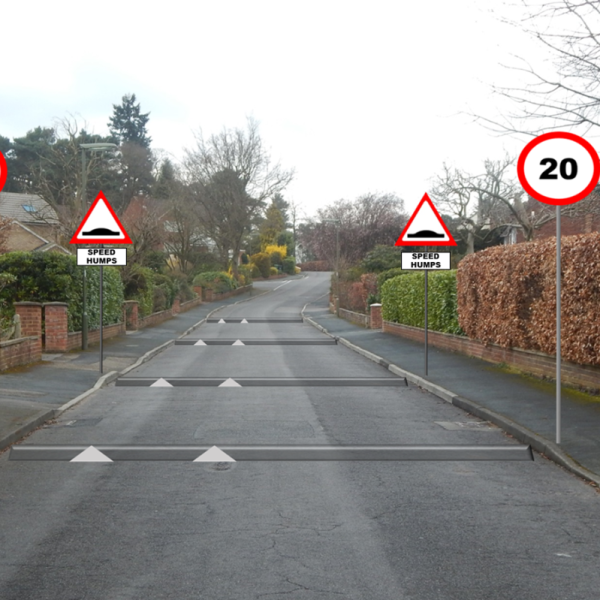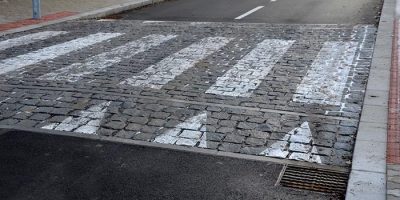
The Impact of Roman Roads on the Development of the Roman Empire
The Roman Empire is renowned for its remarkable achievements and lasting impact on civilization. Among its many accomplishments, the advanced infrastructure created by the Romans played a crucial role in the success and growth of their empire. One of the most notable elements of this infrastructure was the expansive network of roads constructed throughout the empire. These Roman roads not only facilitated efficient transportation of goods and people but also fostered the spread of Roman culture and ideas.
The construction of Roman roads demonstrated a remarkable level of precision and engineering expertise. Built with a uniform width and depth, they were primarily constructed using stone, gravel, and concrete. These roads were meticulously designed to be straight and level, often adorned with stone linings that prevented erosion. Their durability and quality were such that many of these roads still exist and are in use today.
A key factor that contributed to the empire’s prosperity was the effective transportation facilitated by the Roman roads. The road network enabled the swift movement of goods and people across vast distances, leading to the expansion of trade and commerce. This growth, in turn, fueled the development of cities and towns, which played an essential role in the empire’s overall expansion and stability. Moreover, these roads were critical for the military’s success, enabling rapid troop deployment and efficient provisioning of supplies.
The impact of Roman roads extended far beyond their role in transportation. The roads were instrumental in disseminating Roman culture and ideas throughout the empire. As people traveled along these roads, they carried with them not only goods but also knowledge, language, and religion. This facilitated the spread of Roman traditions, making them accessible to diverse regions and populations. The Roman roads served as conduits for the diffusion of Roman literature, language, and religion, contributing to a sense of unity and cohesion across the empire.
In addition to cultural diffusion, the roads also played a significant role in the dissemination of Roman law. As people moved throughout the empire, they encountered consistent legal systems and structures. This helped create a more orderly and efficient society, promoting stability and governance. The Roman roads provided a means for the emperors to assert their authority, ensuring that their laws and regulations reached every corner of their vast empire.
The legacy of Roman roads is testament to their profound impact on the development and expansion of the Roman Empire. They facilitated the efficient movement of goods and people, which fostered economic growth and prosperity. These roads also facilitated cultural exchange, uniting a diverse empire under the banner of Roman civilization. The spread of Roman law and governance brought stability and order to the empire. Today, the remnants of these ancient Roman roads remind us of the empire’s remarkable achievements and its enduring influence on the world.
















